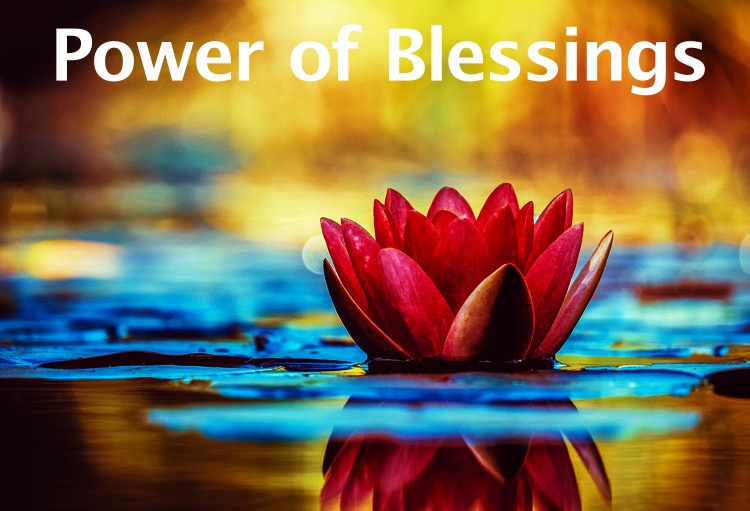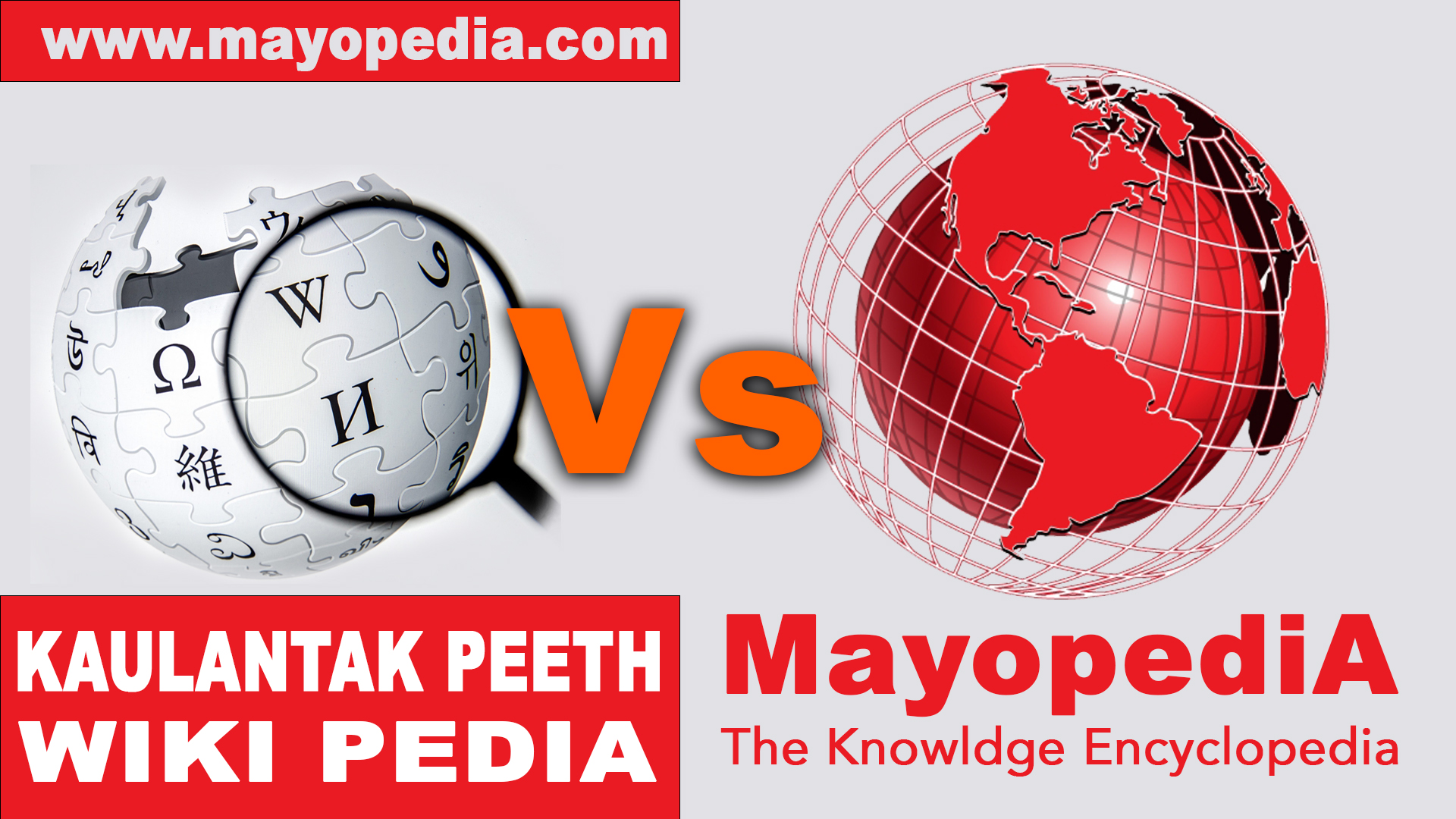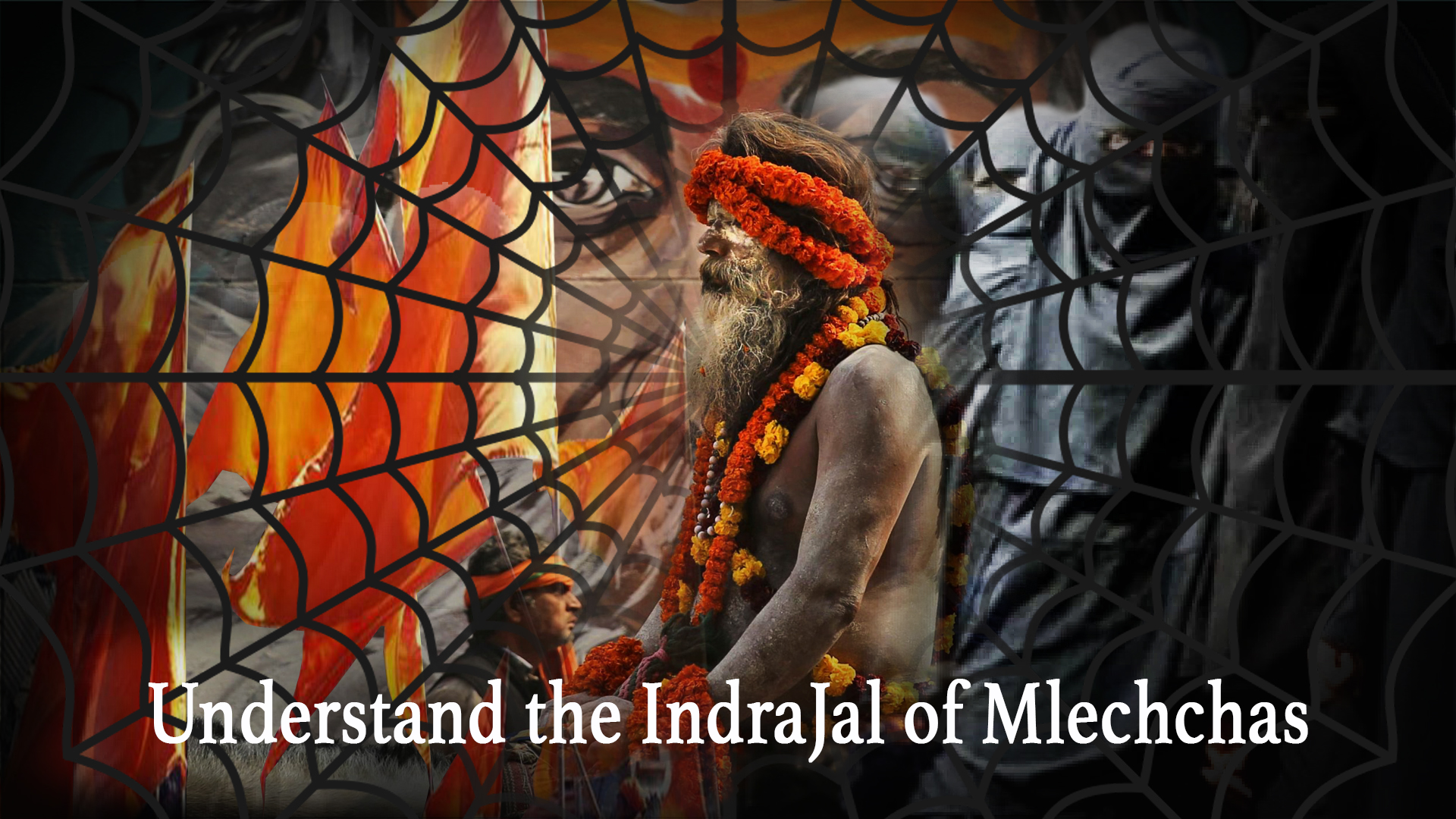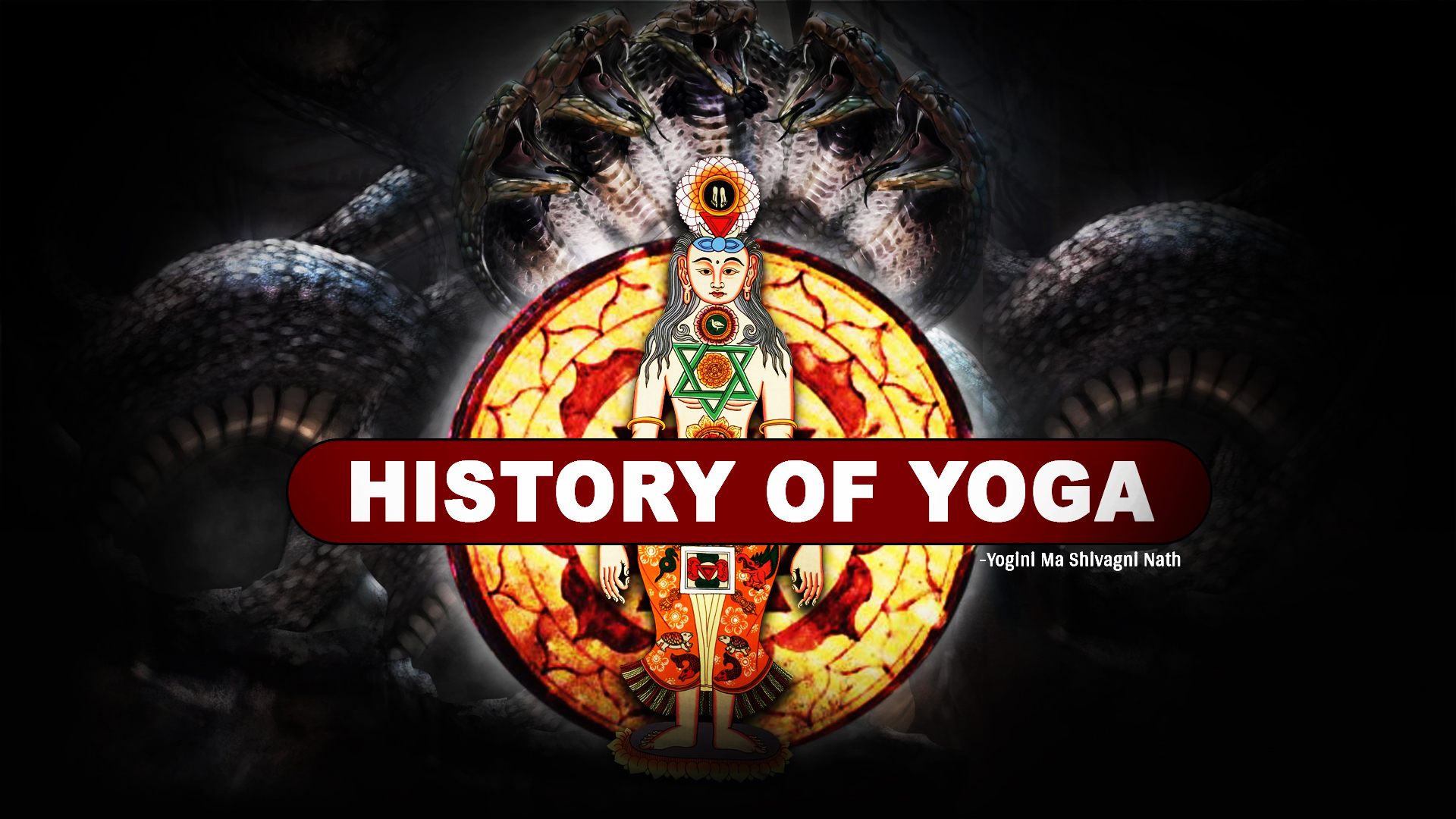-
Religion
Understand the Indrajaal of ‘Mlechchha’
Let me first remind you of the prophecy-come-true of Bhagwan Shri Krishna about the nature of the present Yuga (age) you are living in. You are living in the dark age of Kaliyuga. It takes some time (thousands of years I mean) for any particular Yuga to show its full effects on the people of that Yuga.
Yogini Ma Shivagni Nath | 12/07/2021
-
Thoughts
Hijab: Terrorism in Black Disguise
Our country Bharat has been the ‘Swatantra Bhumi’, the free land of the Sadhus, the Sages, the Yogis, the Siddhas, the enlightened beings, with the Kings like the King Yudhishtira of the great Pandavas, the Narasingha Deva I of the Eastern Ganga Dynasty, Emperor Chandragupta Maurya, the King Krishnadevaraya of the Vijayanagar Empire and the […]
Raghav Gupta | 12/07/2021
-
Spiritual
The History of Yoga
In the mid twenties, my attention again turned to Yoga. I went to the best Yoga studios in the techno-city of India. I went to all the big names one might have heard that have chains of Yoga studios running worldwide. I went to the demo classes.
Yogini Ma Shivagni Nath | 12/07/2021
-
Spiritual
Regarding cosmic journey and the human soul
Today’s world inspires progression and there seems no end to it…the journey goes on and on even in the material world
Karuna Gill | 12/07/2021
-
famous
Blessings: The Force Behind Miracles
If it was only the prowess of the intellect, the extraordinary brain that the humans possess and the possibility to use it to any extents considering its limitless capacity; if it was only the will to work towards your goal, will to be diligent and to answer the opportunities that are the sole factors that leads to material and spiritual success, you are mistaken. There are many who work day and night, but not all live a fulfilled life.
Yogini Ma Shivagni Nath | 12/07/2021
-
famous
Kaulantak Peeth on Wikipedia
Wikipedia is one of the information sites to search for the so-called unbiased and authentic information. When the reader base of an information website is estimated at 495 million views per month, one can imagine the number of people who trust wikipedia in shaping their perspectives on truth about different people, organizations, concepts, ideas. It is the not-for-profit organization which says that it ‘helps create a world in which everyone can freely share in the sum of all knowledge’.
Mahayogi Bhairav Brahma Nath | 12/07/2021
-
Spiritual
The Secrets of Karva Chauth
What most of you know is that a wife fasts on ‘Karva Chauth’ for the long life of her husband. Now a question arises: How does the life of the husband increase by fasting on a particular day? Who would increase the life of the husband? Answer is, it is the wife herself who does this. How? It is the ‘Sankalp Shakti’ (the power of determination) and her ‘Yoga Bal’ , the ‘Yoga Tapa’ that she generates within herself on this day by doing Mantra Sadhna and keeping strict ‘Sayyam’ (self-restraint) over herself.
Yogini Ma Shivagni Nath | 12/07/2021
-
Society
Attack on Spiritual Icons
The left liberal media on the surface may claim no association with a particular religion. But their language, vocabulary and mindset is already conditioned by the above propaganda- whether they are aware of it or not. For example the need for a Pope or supreme religious head to declare other junior Godmen and God-woman. Or to use the word “self proclaimed” to hint that one is to be proclaimed by that pope or supreme religious head.
Mahayogi Ashutosh Nath | 12/07/2021
-
famous
Darkness of the mind
In a person's reactionary mind, there are many such events, which constantly influence him and cause him to act irrationally and feel and think which are not really his own feelings and thoughts
Sunil Yadav | 12/07/2021
-
Life style
Success Withers Under Heavy Baggages
Being born in a human body does not guarantee the status of a human being. It is not easy to be human in the real sense of the words ‘to be a human’. A human being stands at the top of the intelligence index and is the only one
Yogini Ma Shivagni Nath | 12/07/2021










